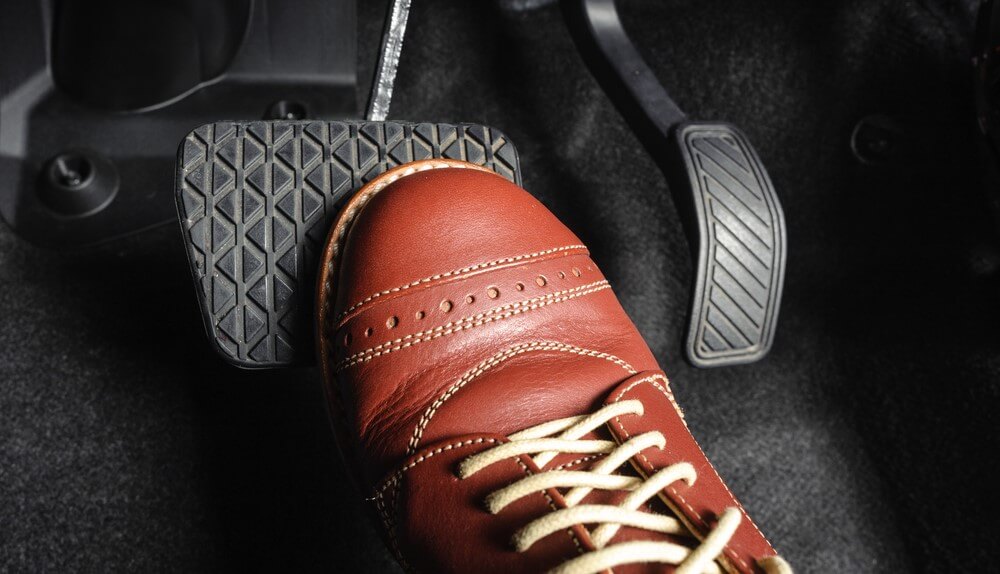What You Should Know About Anti-Lock Brakes

Anti-lock brakes are crucial in any car you drive, and for good reasons. They are an effective feature that can help you steer to safety as you brake during an emergency.
They’ve been around since the 1970s, but anti-lock brakes may seem confusing to understand or maneuver. If you’re wondering, what does ABS do and why are they’re important, read on. Below, we explain what you should know about anti-lock brakes, along with some safety tips to use this brake system properly.
What is an Anti-Lock Brake System?
Anti-lock brakes help you steer as you brake and prevent the wheels from locking up during an emergency. Initially used as an anti-skid system for aircraft in the1950s, anti-lock brakes restore traction to your tires and help maintain grip if you start to skid on the road.
The ABS car meaning is directly connected to safety, and the system allows you to remain in control of the vehicle instead of skidding or stopping abruptly. An ABS system decreases the chances of a frontal collision on a wet ice road and dry roads.
Older cars generally have drum brakes instead of anti-lock brakes. While drum brakes are effective, they are expensive to replace and not as effective on steep hills. Drivers of cars without an ABS system must repeatedly pump on their brakes to make sure they don’t spin out of control. This is much more dangerous and may cause an accident due to locked-up wheels. Most newer cars already have an anti-lock brake system installed.
How Does an Anti-Lock Brake System Work?
An anti-lock brake system helps keep track of the wheels via sensor. The moment the tires start locking up, the brake is released, and pressure is applied to keep the tires from skidding.
ABS Systems and Driving on Ice
One of the biggest benefits of anti-lock brakes is that they prevent skidding under certain conditions. Tires make almost no noise when you’re driving on ice, so if you start to slide on ice while driving, the first thing to remember is not to panic. Reduce your speed—going too fast is the main reason for fishtailing or sliding. Turn your wheels in the direction that the back of your vehicle is sliding. Firmly hold the brake and allow it to manage the emergency braking.

Safety Tips to Brake Properly
- Anti-lock brakes work the best when your tires are in good condition and have enough air in them.
- Keep in mind that an ABS does not reduce stopping distance.
- 4-wheel anti-lock brake system malfunctions may be caused by air in the brake fluid or worn brake linings.
- When driving a car with ABS, don’t pump the brakes; instead, firmly hold the brake.
Anti-lock brakes can help drivers keep control of their car and save lives. Not sure if your vehicle has an ABS system? Check your owner’s manual or look up your model vehicle on the manufacturer’s website.
Are you getting ready to hit the road again? Don’t forget about car insurance! At InsureOne, our agents are ready to help you find the right coverage for you. Start your free car insurance quote online, over the phone, or at one of our offices today.


